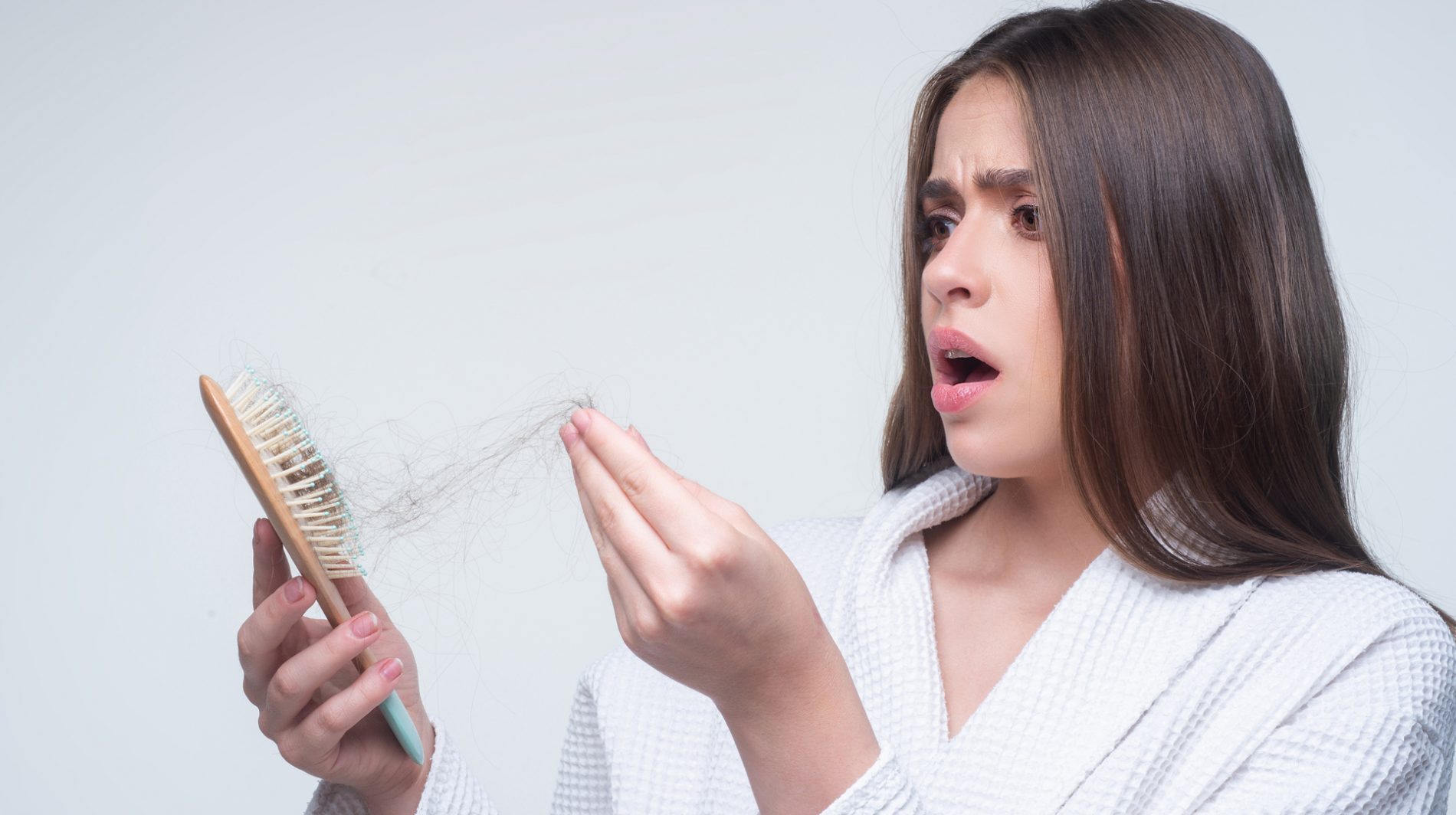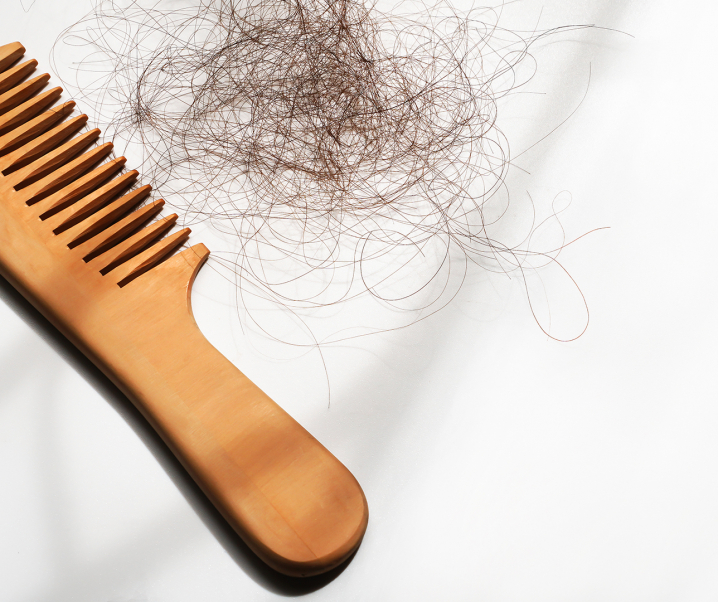Are you tired of finding hair everywhere except on your head? Do you feel like your hairbrush has become a mini balding machine? Well, you’re not alone. Hair loss affects millions of people worldwide, regardless of age, gender, or ethnicity.
But have you ever wondered why it happens and how you can tackle it? That’s what we’re going to explore today! We’ll dive into the science behind hair growth, common causes of hair fall, and some practical tips to keep your locks looking luscious. So buckle up, grab a hair tie, and let’s get to the root of the matter!
What Are the Reasons for Hair Fall?
Some of the most common hair fall causes include:
Genetics
Yep, it’s a bummer, but sometimes hair loss is just in your genes. So if your parents or grandparents had to deal with this pesky problem, chances are you might too. But don’t throw in the towel just yet, because there are still ways to slow it down or even prevent it altogether. It’s all about finding what works for you.
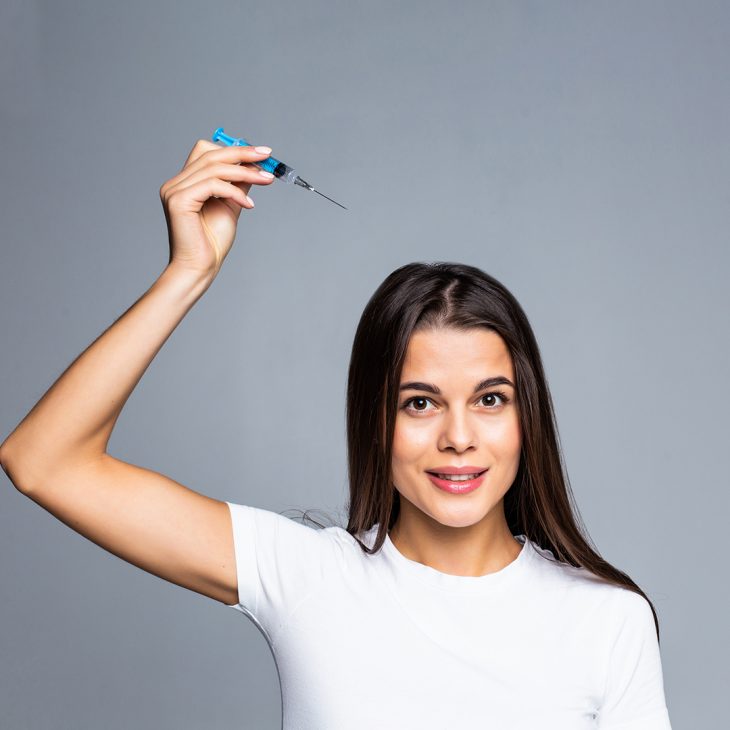
Hormonal Imbalances
Ladies, we know that pregnancy and menopause can wreak havoc on our bodies, and unfortunately, that includes our hair. Hormonal imbalances can throw off the natural growth cycle of our hair follicles, causing them to tap out early. So if you’re going through these stages, just know that it’s a common issue and there are ways to combat it.
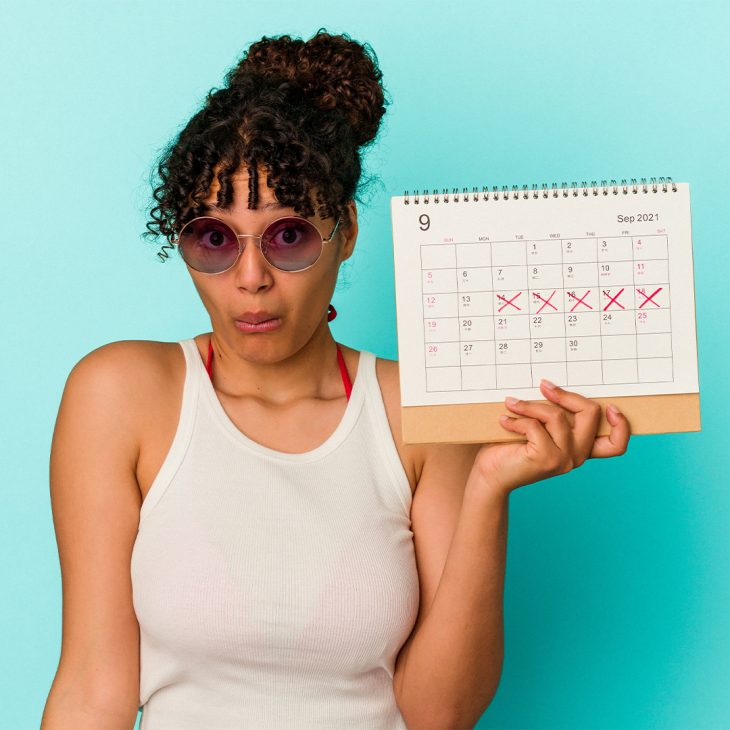
Stress
We all know stress is no joke, but did you know it can also lead to hair loss? Yep, when you’re feeling overwhelmed, your body releases a hormone called cortisol that can damage hair follicles and send those strands packing. So do yourself and your hair a favour by taking some time for self-care and relaxation.
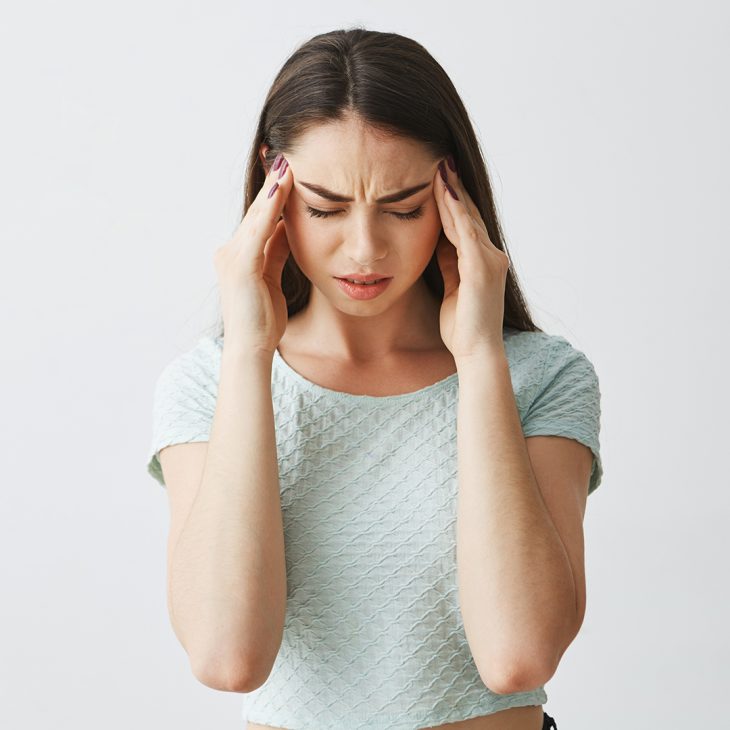
Poor Nutrition
Last but not least, poor nutrition can also contribute to hair fall. Our bodies need certain nutrients like iron, zinc, and vitamin D to keep our hair healthy and growing strong. So if you’re not already, make sure you’re incorporating these goodies into your diet. Trust us, your hair (and your body) will thank you.
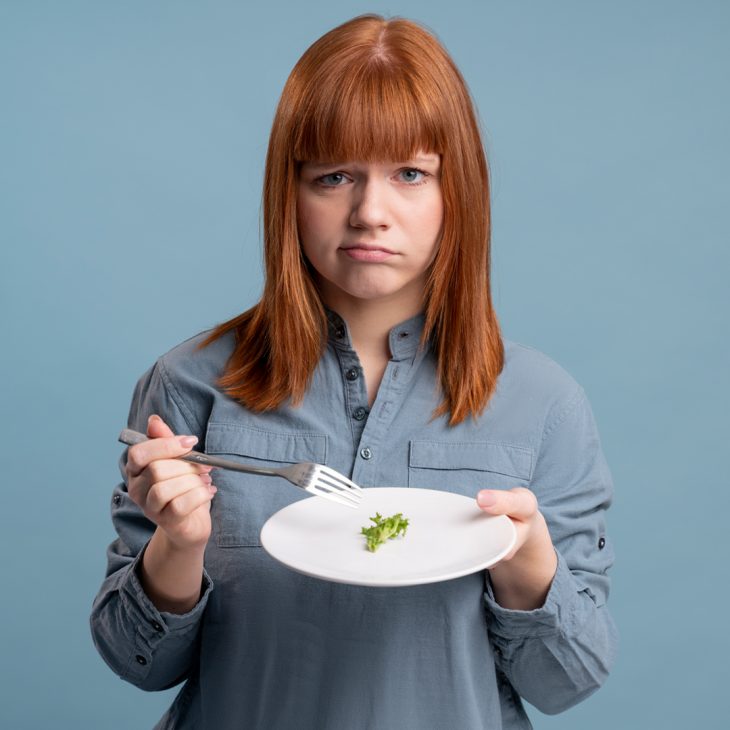
Recognizing the Symptoms of Hair Fall
If you’re experiencing hair fall, these are the symptoms to look out for:
Thinning Hair
If your once-luscious locks are starting to look a little sparse, it could be a sign of hair fall. You might also notice that your hair is becoming as brittle as a dry twig and breaking at the slightest touch. Not cool, hair. Not cool.
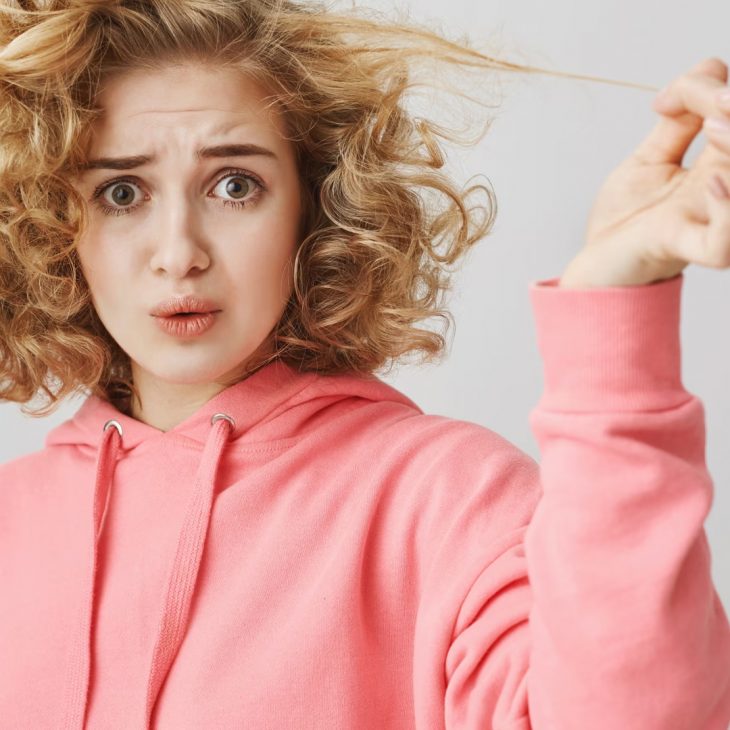
Bald Patches
Okay, this one’s more common in the dudes, but we ladies can experience it too. If you’ve noticed any bald spots popping up on your scalp, it might be time to investigate further.
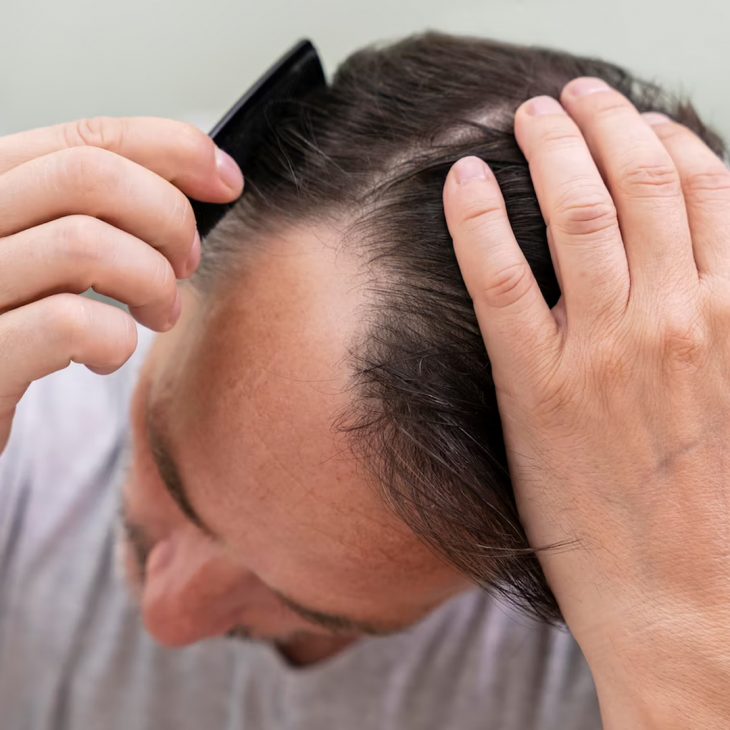
Excessive Shedding
We’re not talking about a few strands here and there, because shedding a little bit of hair is totally normal. In fact, we naturally lose around 100 strands per day. But if you’re noticing more hair than usual coming out when you brush your hair or take a shower, it’s a red flag that you might be experiencing hair fall.
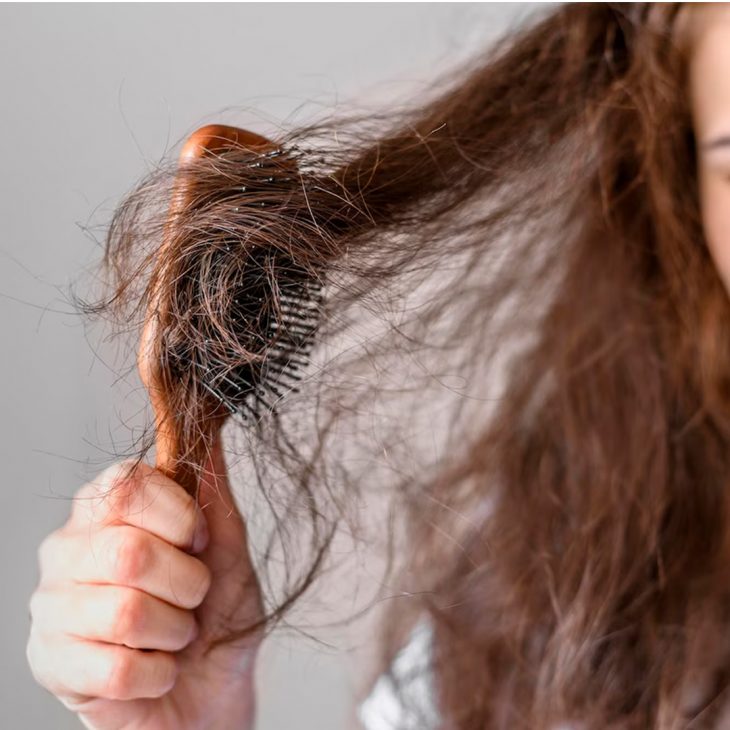
How to Stop Hair Fall?
Some of the most effective methods of hair fall control include:
Eating a Healthy Diet
Make sure you’re getting all the good stuff your hair needs to thrive, like iron, zinc, and vitamin D. Load up on fruits, veggies, lean proteins, and healthy fats to promote healthy hair growth. Think of it as a hair-boosting buffet!

Reducing Stress
We know life can get crazy, but too much stress can cause hair fall. So, take a deep breath and try some relaxation techniques like meditation, yoga, or deep breathing to help lower cortisol levels and keep your hair on your head—where it belongs.

Using Gentle Hair Care Products
Avoid using harsh shampoos and conditioners that can damage your precious locks. Look for products that are specifically designed to promote healthy hair growth and try not to go overboard with hot styling tools.
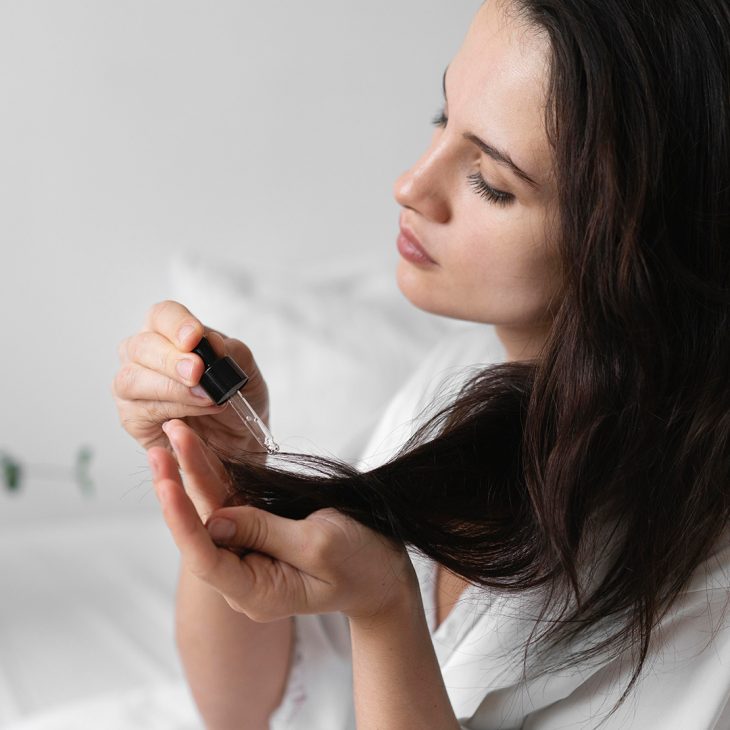
Taking Hair Supplements
Consider taking hair supplements like biotin or omega-3 fatty acids. These can help promote healthy hair growth. However, you should always check with a healthcare professional before taking any supplements. Safety first, friends!
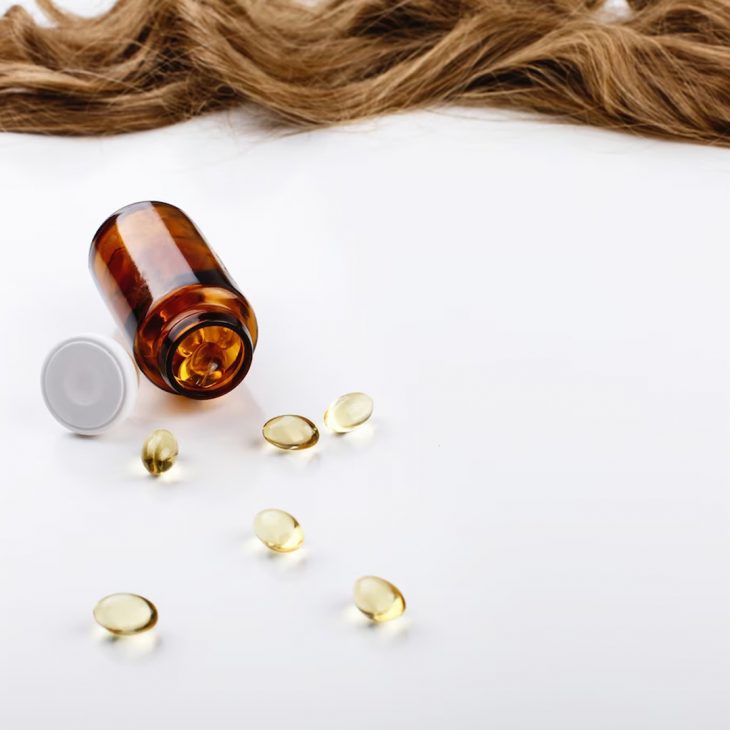
Seeking Medical Advice
If your hair fall is severe and the various home remedies for hair fall aren’t working out for you, it’s time to call in the pros. A doctor or dermatologist can help identify the underlying cause of your hair fall and recommend the best hair fall control tips & treatment options to get your hair back to its luscious self.
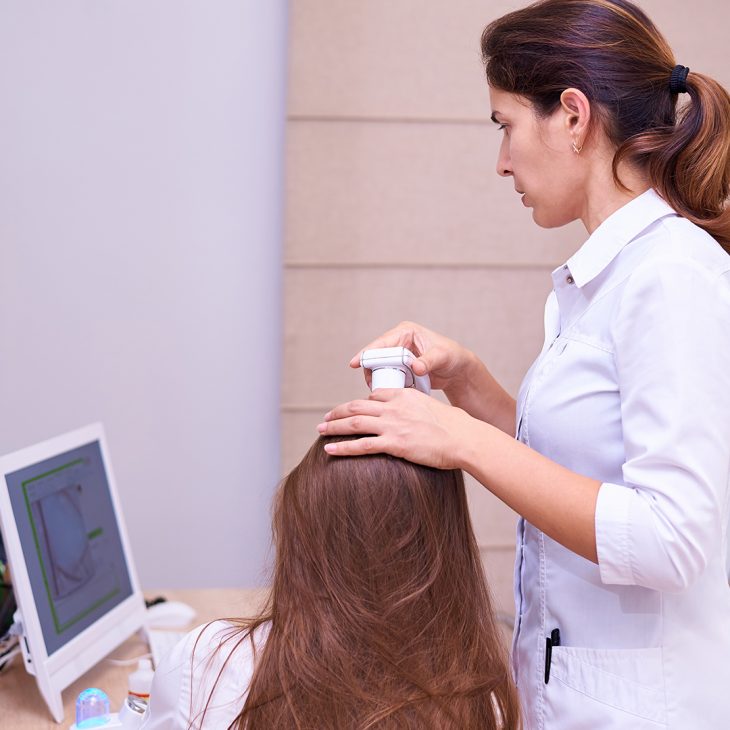
Wrapping Up
So, let’s say goodbye to hair loss and hello to a fabulous head of hair! By understanding the root causes of hair fall, recognizing its symptoms, and following the aforementioned hair fall solutions, you can keep your locks looking luscious and full. It’s time to take action and let your hair shine!

